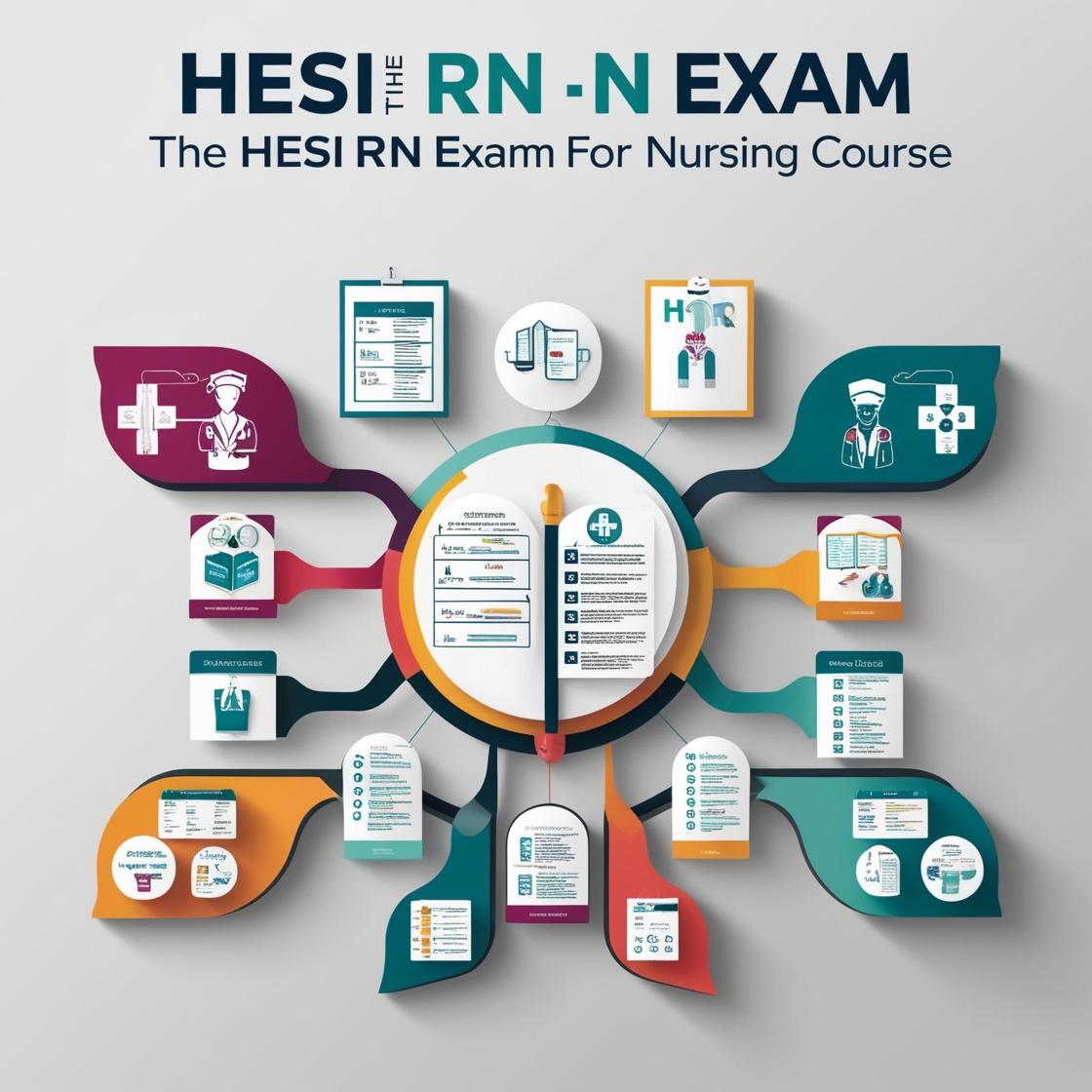HESI RN
Biology Test
1. Which of the following options correctly lists biology's hierarchical organizational system?
- A. Phylum, Kingdom, Class, Family, Order, Species, Genus
- B. Kingdom, Phylum, Class, Order, Family, Genus, Species
- C. Genus, Order, Kingdom, Class, Phylum, Species, Family
- D. Class, Phylum, Kingdom, Genus, Order, Family, Species
Correct answer: B
Rationale: The correct hierarchical organizational system in biology is Kingdom, Phylum, Class, Order, Family, Genus, and Species. This follows the mnemonic 'King Phillip Came Over For Good Soup.' Choice A is incorrect as it does not follow the correct hierarchical order. Choice C is incorrect as it starts with Genus, which is more specific and should come after Family. Choice D is incorrect as it does not follow the correct hierarchical order.
2. During cellular respiration, glycolysis takes place in the cytosol and produces how many molecules of ATP, pyruvate, and NADH?
- A. two, two, two
- B. two, four, two
- C. two, four, four
- D. four, four, four
Correct answer: A
Rationale: Glycolysis, the first step of cellular respiration, takes place in the cytosol and produces two molecules each of ATP, pyruvate, and NADH. Therefore, the correct answer is A. Choice B is incorrect as glycolysis produces two ATP molecules, not four. Choice C is incorrect as it incorrectly states that glycolysis produces four molecules of pyruvate and NADH. Choice D is incorrect because glycolysis produces two molecules of ATP, not four.
3. Which cell structure is responsible for efficiently packaging DNA into a small volume to fit into the nucleus of a cell and protect the DNA structure and sequence?
- A. Golgi apparatus
- B. Chromatin
- C. Smooth endoplasmic reticulum
- D. Mitochondria
Correct answer: B
Rationale: The correct answer is B: Chromatin. Chromatin is responsible for packaging DNA into a more compact, dense shape to fit into the nucleus of a cell. This compact packaging helps protect the DNA structure and regulate gene expression. The Golgi apparatus is involved in modifying, sorting, and packaging proteins. The smooth endoplasmic reticulum is involved in lipid metabolism and detoxification. Mitochondria are known as the powerhouse of the cell, producing energy in the form of ATP.
4. Which of the following is the process that reduces cells originally classified as diploid to haploid?
- A. Meiosis
- B. Photosynthesis
- C. Mitosis
- D. Cytokinesis
Correct answer: A
Rationale: The correct answer is A, Meiosis. Meiosis is the cell division process that reduces the chromosome number from diploid to haploid, which is essential for sexual reproduction. Choice B, Photosynthesis, is the process by which green plants and some other organisms use sunlight to synthesize foods with the help of chlorophyll. Choice C, Mitosis, is a cell division process that results in two diploid daughter cells with the same number of chromosomes as the parent cell. Choice D, Cytokinesis, is the division of the cytoplasm following cell division.
5. Protein synthesis begins with a process known as transcription. What is produced during this process?
- A. A codon
- B. A DNA helix
- C. A DNA strand
- D. An RNA strand
Correct answer: D
Rationale: The correct answer is D: An RNA strand. During transcription, the DNA template is used to produce an RNA strand, not a codon, DNA helix, or another DNA strand. A codon is a sequence of nucleotides that specifies a particular amino acid during translation, not produced during transcription. A DNA helix refers to the double-stranded structure of DNA, which is not produced during transcription. Another DNA strand is not produced during transcription since the process involves creating an RNA copy of a specific gene.
Similar Questions

Access More Features
HESI RN Basic
$69.99/ 30 days
- 50,000 Questions with answers
- All HESI courses Coverage
- 30 days access @ $69.99
HESI RN Premium
$149.99/ 90 days
- 50,000 Questions with answers
- All HESI courses Coverage
- 30 days access @ $149.99
